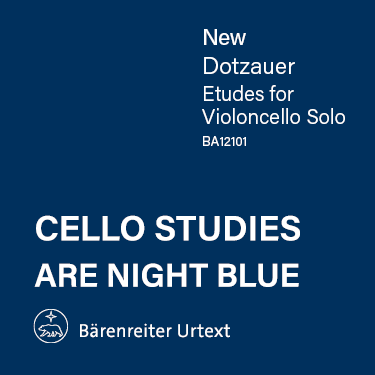
Author: Yeesun Kim
Hailed by the New York Times for her "focused intensity" and "remarkable" performances, cellist Yeesun Kim enjoys worldwide acclaim as a soloist, chamber musician and teacher. A founding member of the Borromeo String Quartet, Ms. Kim has performed in over 20 countries, in many of the world's most illustrious concert halls and festivals.
Since making her orchestral debut at the age of 13 with the Korean Broadcasting Service Symphony, Ms. Kim has appeared at such premier venues as Carnegie Hall, the Metropolitan Museum of Art in New York, Jordan Hall in Boston, the Library of Congress and Kennedy Center in Washington, DC. Her international appearances have included performances throughout Europe and Asia, including the Philharmonie in Berlin, the Tonhalle in Zurich, the Opera Bastille in Paris, Wigmore Hall in London, the Concertgebouw in Amsterdam, Suntory Hall and Casals Hall in Tokyo, and the Saejong Cultural Center in Seoul. Currently living in Boston, Ms. Kim enjoys returning to her native Korea, where she is frequently invited to perform as soloist with the Korean Symphony, give recitals and teach.
A much sought after chamber musician, Ms. Kim has performed at such festivals as Spoleto in the United States and Italy, Ravinia, Marlboro, Santa Fe, La Jolla, the Prague Spring Festival, the Vancouver Chamber Music, the Stavanger Festival in Scandinavia and the Evian and Divonne Festival in France. Her frequent collaborations with other artists have included appearances with Joshua Bell, Christoph Eschenbach, Leon Fleisher, Gary Graffman, Menahem Pressler, Rudolph Serkin, Russell Sherman, and Richard Stoltzman, In addition to her extensive concert schedule with the Borromeo Quartet, she has concertized with members of the Guarneri and Julliard String Quartets, and appears frequently as a member of the Pamela Frank-Yeesun Kim-Wu Han piano trio.
As a member of the Borromeo Quartet, Ms. Kim has been part of the Ensemble in Residence for NPR's Performance Today and has had extensive involvement with the Chamber Music Society of Lincoln Center's Chamber Music Two Program. In this capacity, Ms. Kim has performed on all the series of the Chamber Music Society, including being featured on a "Live from Lincoln Center" broadcast. Her radio and television credits also include numerous appearances on WGBH in Boston, Radio France, and NHK Radio and Television in Japan.
A graduate of the Curtis Institute of Music, with advanced degrees from the New England Conservatory of Music, Ms. Kim currently serves on the faculty of the New England Conservatory in the cello and chamber music departments. Her teachers have included Minja Hyun, Hyungwon Chang, David Soyer and Lawrence Lesser.
Recipient of the Chamber Music America's Cleveland Quartet Award and Lincoln Center's Martin Segal Award as a member of the Borromeo Quartet, Ms. Kim has garnered numerous awards individually as well, including winner of the Ewha and Jungagng National Competitions in Korea, and the Seoul Young Artists Award for achievement in music and academics.
Ms. Kim plays a Peregrino Zanetto cello, circa 1576.
By Yeesun Kim October 7, 2011
Subjects Chamber Music, Repertoire
Tags ability, articulations, cello, cellobello, challenges, character, composers, confidence, creativity, dynamics, familiar, Kim, music, rehearsals, Rhythm, soundscapes, structure, unique, virtuosity, Yeesun
By Yeesun Kim June 6, 2011
Subjects Artistic Vision
By Yeesun Kim March 22, 2011
Subjects Auditions
Tags anxiety, Auditions, cello, cellobello, clarity, commitment, communication, confidence, connection, control, energy, intentions, Interpretation, Kim, personality, potential, pressure, stress, tuning, Yeesun
By Yeesun Kim March 15, 2011




